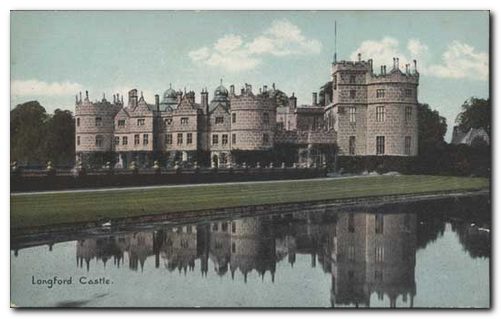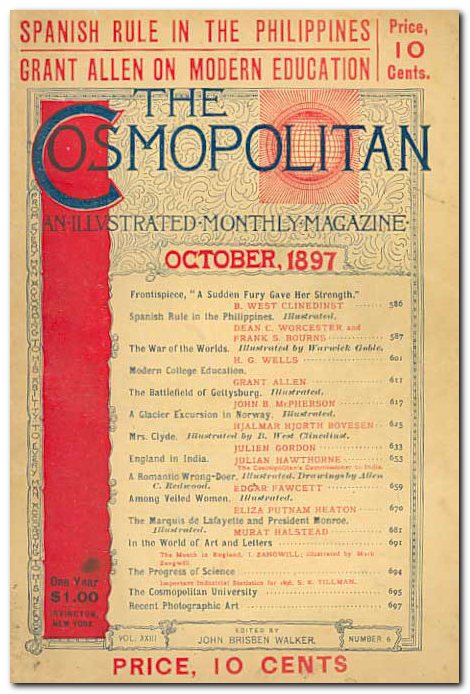tutorial, commentary, study resources, plot, and web links
A Tragedy of Error was Henry James’s first published story. It appeared in The Continental Monthly magazine for February 1864 and was never reprinted during James’s lifetime. In fact it was only eventually rediscovered in the 1950s.
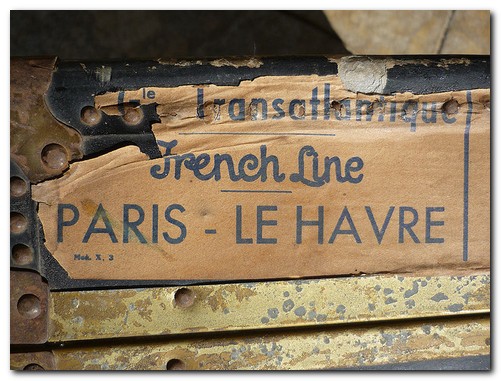
A Tragedy of Error – critical commentary
In common with some of James’s very earliest tales, this one is not much more that an elaborated anecdote or a squib – though one with a grimly ironic twist in its dramatic conclusion.
Its principal weakness is the second section where Hortense is in conversation with the boatman who rows her in the harbour. Seeking to create plausibility, James invents a long discussion of the sailor’s poverty in order to provide the motivation for accepting her proposal of a paid crime. The extended nature of this section unbalances the composition of the story.
But the predictable outcome is well plotted, and commendable for the understated manner in which the twenty-one year old James leaves the reader to work out the tragedy that is unfolding. No names are mentioned – but we know that through the well orchestrated sequence of events, it is Hortense’s lover who is murdered, whilst her husband arrives safely home.
Interpretation
It is also worth noting, given what we know of James’s work still to be written, that this is a story of an adulterous woman who is prepared to have her husband murdered. In 1864 this could be accepted as a jeu d’esprit, and the story can still be enjoyed in this way. But taken into the context of James’s work as a whole it demonstrates that his psychologically sceptical attitude to women was present from the outset.
A Tragedy of Error – study resources
![]() The Complete Works of Henry James – Kindle edition – Amazon UK
The Complete Works of Henry James – Kindle edition – Amazon UK
![]() The Complete Works of Henry James – Kindle edition – Amazon US
The Complete Works of Henry James – Kindle edition – Amazon US
![]() Complete Stories 1864—1874 – Library of America – Amazon UK
Complete Stories 1864—1874 – Library of America – Amazon UK
![]() Complete Stories 1864—1874 – Library of America – Amazon US
Complete Stories 1864—1874 – Library of America – Amazon US
![]() The Cambridge Companion to Henry James – Amazon UK
The Cambridge Companion to Henry James – Amazon UK
![]() Henry James at Wikipedia – biographical notes, links
Henry James at Wikipedia – biographical notes, links
![]() Henry James at Mantex – tutorials, biography, study resources
Henry James at Mantex – tutorials, biography, study resources
A Tragedy of Error – plot summary
Part I. Hortense de Bernier receives the sudden news in France that her husband will be joining her the next day on holiday from America. She discusses this embarrassing situation with her lover the Vicomte Louis de Meyrau, who tells her not to worry. But she does worry, and tries to calm her nerves with glassful of brandy
Part II. Later that day, she goes down to the seafront, and after witnessing a sailor bullying his nephew, she employs him to row her across the harbour. On the way she questions him about his work; he explains his poverty; and eventually she employs him to murder her husband when his ship arrives the next day. He sets a very high price on the agreement.
Part III. On reaching home, she receives a note telling her that Louis de Meyrau intends to meet her husband on his ship the next day She is unsure about her lover’s motives, and cannot sleep.
Part IV. Louis de Meyrau meets the ship next day, is told that M. de Bernier has already gone ashore, and asks a boatman to take him to the de Bernier home. When Hortense goes out into the garden of her seafront home, she is met by her husband.
A Tragedy of Error – principal characters
| Hortense de Bernier | an adulterous French woman |
| M. de Bernier | her husband |
| Vicomte Louis de Meyrau | her lover |
| Josephine | her maid |
| Valentine | her cook |
| — | the boatman |
Further reading
Biographical
![]() Theodora Bosanquet, Henry James at Work, University of Michigan Press, 2007.
Theodora Bosanquet, Henry James at Work, University of Michigan Press, 2007.
![]() F.W. Dupee, Henry James: Autobiography, Princeton University Press, 1983.
F.W. Dupee, Henry James: Autobiography, Princeton University Press, 1983.
![]() Leon Edel, Henry James: A Life, HarperCollins, 1985.
Leon Edel, Henry James: A Life, HarperCollins, 1985.
![]() Philip Horne (ed), Henry James: A Life in Letters, Viking/Allen Lane, 1999.
Philip Horne (ed), Henry James: A Life in Letters, Viking/Allen Lane, 1999.
![]() Henry James, The Letters of Henry James, Adamant Media Corporation, 2001.
Henry James, The Letters of Henry James, Adamant Media Corporation, 2001.
![]() Fred Kaplan, Henry James: The Imagination of Genius, Johns Hopkins University Press, 1999
Fred Kaplan, Henry James: The Imagination of Genius, Johns Hopkins University Press, 1999
![]() F.O. Matthieson (ed), The Notebooks of Henry James, Oxford University Press, 1988.
F.O. Matthieson (ed), The Notebooks of Henry James, Oxford University Press, 1988.
Critical commentary
![]() Elizabeth Allen, A Woman’s Place in the Novels of Henry James London: Macmillan Press, 1983.
Elizabeth Allen, A Woman’s Place in the Novels of Henry James London: Macmillan Press, 1983.
![]() Ian F.A. Bell, Henry James and the Past, London: Palgrave Macmillan, 1993.
Ian F.A. Bell, Henry James and the Past, London: Palgrave Macmillan, 1993.
![]() Millicent Bell, Meaning in Henry James, Cambridge (MA): Harvard University Press, 1993.
Millicent Bell, Meaning in Henry James, Cambridge (MA): Harvard University Press, 1993.
![]() Harold Bloom (ed), Modern Critical Views: Henry James, Chelsea House Publishers, 1991.
Harold Bloom (ed), Modern Critical Views: Henry James, Chelsea House Publishers, 1991.
![]() Kirstin Boudreau, Henry James’s Narrative Technique, Macmillan, 2010.
Kirstin Boudreau, Henry James’s Narrative Technique, Macmillan, 2010.
![]() J. Donald Crowley and Richard A. Hocks (eds), The Wings of the Dove, New York: W.W. Norton and Company, 1978.
J. Donald Crowley and Richard A. Hocks (eds), The Wings of the Dove, New York: W.W. Norton and Company, 1978.
![]() Victoria Coulson, Henry James, Women and Realism, Cambridge University Press, 2009.
Victoria Coulson, Henry James, Women and Realism, Cambridge University Press, 2009.
![]() Daniel Mark Fogel, A Companion to Henry James Studies, Greenwood Press, 1993.
Daniel Mark Fogel, A Companion to Henry James Studies, Greenwood Press, 1993.
![]() Virginia C. Fowler, Henry James’s American Girl: The Embroidery on the Canvas, Madison (Wis): University of Wisconsin Press, 1984.
Virginia C. Fowler, Henry James’s American Girl: The Embroidery on the Canvas, Madison (Wis): University of Wisconsin Press, 1984.
![]() Jonathan Freedman, The Cambridge Companion to Henry James, Cambridge University Press, 1998.
Jonathan Freedman, The Cambridge Companion to Henry James, Cambridge University Press, 1998.
![]() Judith Fryer, The Faces of Eve: Women in the Nineteenth Century American Novel, Oxford: Oxford University Press, 1976
Judith Fryer, The Faces of Eve: Women in the Nineteenth Century American Novel, Oxford: Oxford University Press, 1976
![]() Roger Gard (ed), Henry James: The Critical Heritage, London: Routledge, 1968.
Roger Gard (ed), Henry James: The Critical Heritage, London: Routledge, 1968.
![]() Tessa Hadley, Henry James and the Imagination of Pleasure, Cambridge University Press, 2009.
Tessa Hadley, Henry James and the Imagination of Pleasure, Cambridge University Press, 2009.
![]() Barbara Hardy, Henry James: The Later Writing (Writers & Their Work), Northcote House Publishers, 1996.
Barbara Hardy, Henry James: The Later Writing (Writers & Their Work), Northcote House Publishers, 1996.
![]() Richard A. Hocks, Henry James: A study of the short fiction, New York: Twayne Publishers, 1990.
Richard A. Hocks, Henry James: A study of the short fiction, New York: Twayne Publishers, 1990.
![]() Donatella Izzo, Portraying the Lady: Technologies of Gender in the Short Stories of Henry James, University of Nebraska Press, 2002.
Donatella Izzo, Portraying the Lady: Technologies of Gender in the Short Stories of Henry James, University of Nebraska Press, 2002.
![]() Colin Meissner, Henry James and the Language of Experience, Cambridge University Press, 2009
Colin Meissner, Henry James and the Language of Experience, Cambridge University Press, 2009
![]() John Pearson (ed), The Prefaces of Henry James, Pennsylvania State University Press, 1993.
John Pearson (ed), The Prefaces of Henry James, Pennsylvania State University Press, 1993.
![]() Richard Poirer, The Comic Sense of Henry James, Oxford: Oxford University Press, 1967.
Richard Poirer, The Comic Sense of Henry James, Oxford: Oxford University Press, 1967.
![]() Hugh Stevens, Henry James and Sexuality, Cambridge University Press, 1998.
Hugh Stevens, Henry James and Sexuality, Cambridge University Press, 1998.
![]() Merle A. Williams, Henry James and the Philosophical Novel, Cambridge University Press, 1993.
Merle A. Williams, Henry James and the Philosophical Novel, Cambridge University Press, 1993.
![]() Judith Woolf, Henry James: The Major Novels, Cambridge University Press, 1991.
Judith Woolf, Henry James: The Major Novels, Cambridge University Press, 1991.
![]() Ruth Yeazell (ed), Henry James: A Collection of Critical Essays, Longmans, 1994.
Ruth Yeazell (ed), Henry James: A Collection of Critical Essays, Longmans, 1994.
Other works by Henry James
 Washington Square (1880) is a superb early short novel, It’s the tale of a young girl whose future happiness is being controlled by her strict authoritarian (but rather witty) father. She is rather reserved, but has a handsome young suitor. However, her father disapproves of him, seeing him as an opportunist and a fortune hunter. There is a battle of wills – all conducted within the confines of their elegant New York town house. Who wins out in the end? You will probably be surprised by the outcome. This is a masterpiece of social commentary, offering a sensitive picture of a young woman’s life.
Washington Square (1880) is a superb early short novel, It’s the tale of a young girl whose future happiness is being controlled by her strict authoritarian (but rather witty) father. She is rather reserved, but has a handsome young suitor. However, her father disapproves of him, seeing him as an opportunist and a fortune hunter. There is a battle of wills – all conducted within the confines of their elegant New York town house. Who wins out in the end? You will probably be surprised by the outcome. This is a masterpiece of social commentary, offering a sensitive picture of a young woman’s life.
![]() Buy the book from Amazon UK
Buy the book from Amazon UK
![]() Buy the book from Amazon US
Buy the book from Amazon US
 The Aspern Papers (1888) is a psychological drama set in Venice which centres on the tussle for control of a great writer’s correspondence. An elderly lady, ex-lover of the writer, seeks a husband for her daughter. But the potential purchaser of the papers is a dedicated bachelor. Money is also at stake – but of course not discussed overtly. There is a refined battle of wills between them. Who will win in the end? As usual, James keeps the reader guessing. The novella is a masterpiece of subtle narration, with an ironic twist in its outcome. This collection of stories also includes three of his accomplished long short stories – The Private Life, The Middle Years, and The Death of the Lion.
The Aspern Papers (1888) is a psychological drama set in Venice which centres on the tussle for control of a great writer’s correspondence. An elderly lady, ex-lover of the writer, seeks a husband for her daughter. But the potential purchaser of the papers is a dedicated bachelor. Money is also at stake – but of course not discussed overtly. There is a refined battle of wills between them. Who will win in the end? As usual, James keeps the reader guessing. The novella is a masterpiece of subtle narration, with an ironic twist in its outcome. This collection of stories also includes three of his accomplished long short stories – The Private Life, The Middle Years, and The Death of the Lion.
![]() Buy the book from Amazon UK
Buy the book from Amazon UK
![]() Buy the book from Amazon US
Buy the book from Amazon US
 The Spoils of Poynton (1896) is a short novel which centres on the contents of a country house, and the question of who is the most desirable person to inherit it via marriage. The owner Mrs Gereth is being forced to leave her home to make way for her son and his greedy and uncultured fiancee. Mrs Gereth develops a subtle plan to take as many of the house’s priceless furnishings with her as possible. But things do not go quite according to plan. There are some very witty social ironies, and a contest of wills which matches nouveau-riche greed against high principles. There’s also a spectacular finale in which nobody wins out.
The Spoils of Poynton (1896) is a short novel which centres on the contents of a country house, and the question of who is the most desirable person to inherit it via marriage. The owner Mrs Gereth is being forced to leave her home to make way for her son and his greedy and uncultured fiancee. Mrs Gereth develops a subtle plan to take as many of the house’s priceless furnishings with her as possible. But things do not go quite according to plan. There are some very witty social ironies, and a contest of wills which matches nouveau-riche greed against high principles. There’s also a spectacular finale in which nobody wins out.
![]() Buy the book from Amazon UK
Buy the book from Amazon UK
![]() Buy the book from Amazon US
Buy the book from Amazon US
© Roy Johnson 2013
Henry James – web links
Henry James at Mantex
Biographical notes, study guides, tutorials on the Complete Tales, book reviews. bibliographies, and web links.
The Complete Works
Sixty books in one 13.5 MB Kindle eBook download for £1.92 at Amazon.co.uk. The complete novels, stories, travel writing, and prefaces. Also includes his autobiographies, plays, and literary criticism – with illustrations.
The Ladder – a Henry James website
A collection of eTexts of the tales, novels, plays, and prefaces – with links to available free eTexts at Project Gutenberg and elsewhere.
A Hyper-Concordance to the Works
Japanese-based online research tool that locates the use of any word or phrase in context. Find that illusive quotable phrase.
The Henry James Resource Center
A web site with biography, bibliographies, adaptations, archival resources, suggested reading, and recent scholarship.
Online Books Page
A collection of online texts, including novels, stories, travel writing, literary criticism, and letters.
Henry James at Project Gutenberg
A major collection of eTexts, available in a variety of eBook formats.
The Complete Letters
Archive of the complete correspondence (1855-1878) work in progress – published by the University of Nebraska Press.
The Scholar’s Guide to Web Sites
An old-fashioned but major jumpstation – a website of websites and resouces.
Henry James – The Complete Tales
Tutorials on the complete collection of over one hundred tales, novellas, and short stories.
Henry James on the Internet Movie Database
Adaptations of James’s novels and stories for the cinema and television – in various languages. Full details of directors and actors, production features, film reviews, box office, and even quizzes.
More tales by James
More on literature
More on the novella
More on literary studies
More on short stories

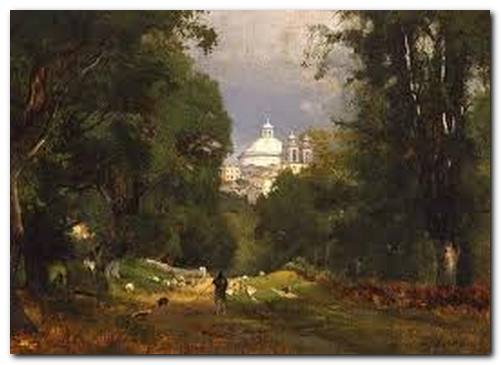
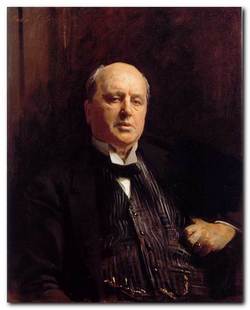
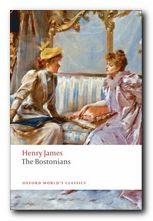 The Bostonians (1886) is a novel about the early feminist movement. The heroine Verena Tarrant is an ‘inspirational speaker’ who is taken under the wing of Olive Chancellor, a man-hating suffragette and radical feminist. Trying to pull her in the opposite direction is Basil Ransom, a vigorous young man from the South to whom Verena becomes more and more attracted. The dramatic contest to possess her is played out with some witty and often rather sardonic touches, and as usual James keeps the reader guessing about the outcome until the very last page.
The Bostonians (1886) is a novel about the early feminist movement. The heroine Verena Tarrant is an ‘inspirational speaker’ who is taken under the wing of Olive Chancellor, a man-hating suffragette and radical feminist. Trying to pull her in the opposite direction is Basil Ransom, a vigorous young man from the South to whom Verena becomes more and more attracted. The dramatic contest to possess her is played out with some witty and often rather sardonic touches, and as usual James keeps the reader guessing about the outcome until the very last page.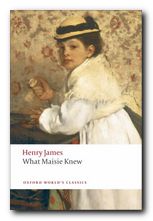 What Masie Knew (1897) A young girl is caught between parents who are in the middle of personal conflict, adultery, and divorce. Can she survive without becoming corrupted? It’s touch and go – and not made easier for the reader by the attentions of an older man who decides to ‘look after’ her. This comes from the beginning of James’s ‘Late Phase’, so be prepared for longer and longer sentences. In fact it’s said that whilst composing this novel, James switched from writing longhand to using dictation – and it shows if you look carefully enough – part way through the book.
What Masie Knew (1897) A young girl is caught between parents who are in the middle of personal conflict, adultery, and divorce. Can she survive without becoming corrupted? It’s touch and go – and not made easier for the reader by the attentions of an older man who decides to ‘look after’ her. This comes from the beginning of James’s ‘Late Phase’, so be prepared for longer and longer sentences. In fact it’s said that whilst composing this novel, James switched from writing longhand to using dictation – and it shows if you look carefully enough – part way through the book.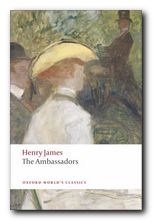 The Ambassadors (1903) Lambert Strether is sent from America to Paris to recall Chadwick Newsome, a young man who is reported to be compromising himself by an entanglement with a wicked woman. However, Strether’s mission fails when he is seduced by the social pleasures of the European capital, and he takes Newsome’s side. So a second ambassador is dispatched in the form of the more determined Sarah Pocock. She delivers an ultimatum which is resisted by the two young men, but then an accident reveals unpleasant truths to Strether, who is faced by a test of loyalty between old Europe and the new USA. This edition presents the latest scholarship on James and includes an introduction, notes, selected criticism, a text summary and a chronology of James’s life and times.
The Ambassadors (1903) Lambert Strether is sent from America to Paris to recall Chadwick Newsome, a young man who is reported to be compromising himself by an entanglement with a wicked woman. However, Strether’s mission fails when he is seduced by the social pleasures of the European capital, and he takes Newsome’s side. So a second ambassador is dispatched in the form of the more determined Sarah Pocock. She delivers an ultimatum which is resisted by the two young men, but then an accident reveals unpleasant truths to Strether, who is faced by a test of loyalty between old Europe and the new USA. This edition presents the latest scholarship on James and includes an introduction, notes, selected criticism, a text summary and a chronology of James’s life and times.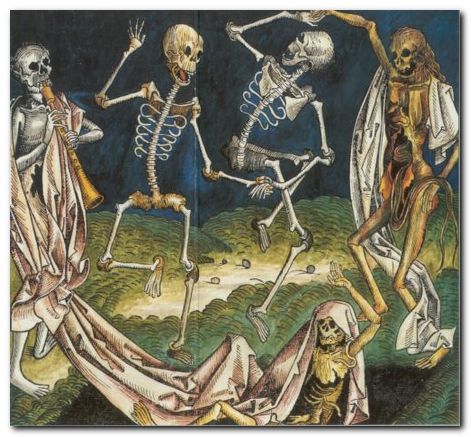
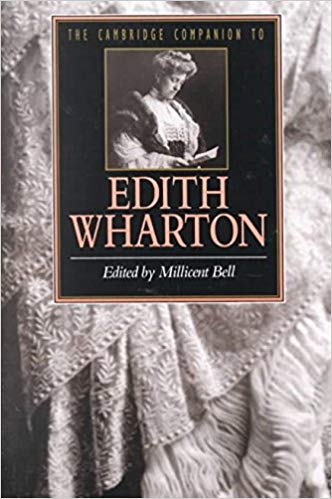

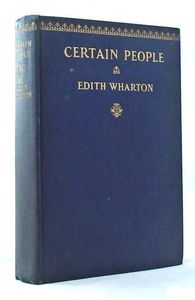
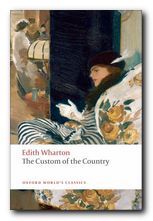 The Custom of the Country
The Custom of the Country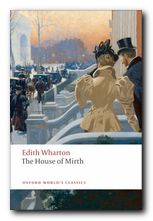 The House of Mirth
The House of Mirth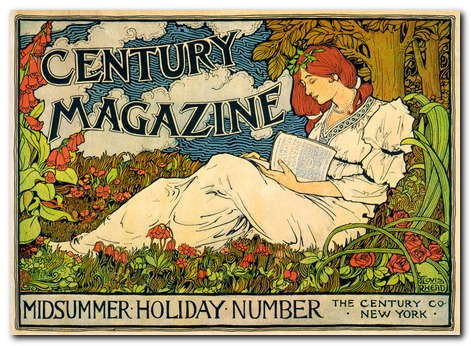
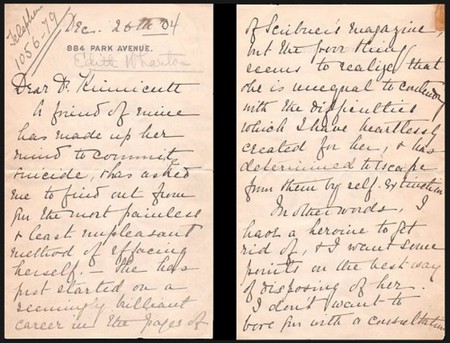
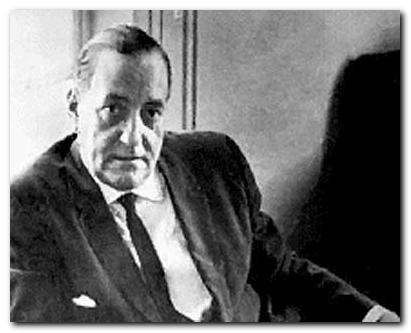
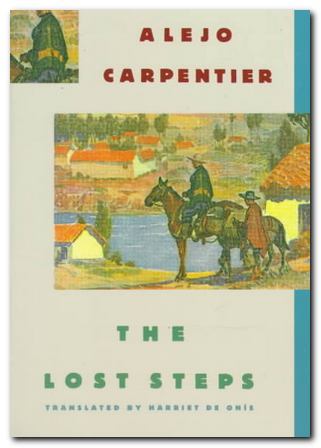
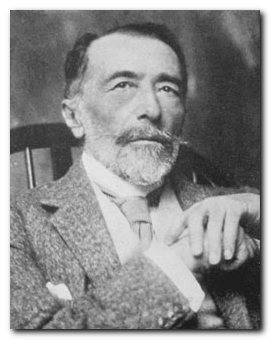
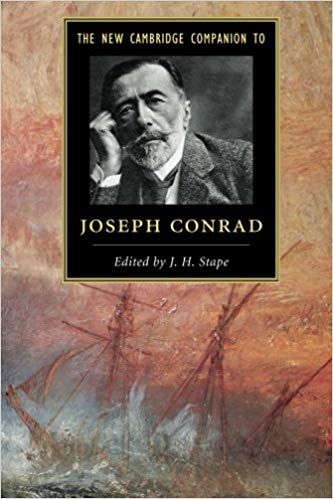
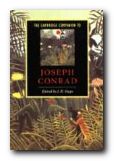 The Cambridge Companion to Joseph Conrad offers a series of essays by leading Conrad scholars aimed at both students and the general reader. There’s a chronology and overview of Conrad’s life, then chapters that explore significant issues in his major writings, and deal in depth with individual works. These are followed by discussions of the special nature of Conrad’s narrative techniques, his complex relationships with late-Victorian imperialism and with literary Modernism, and his influence on other writers and artists. Each essay provides guidance to further reading, and a concluding chapter surveys the body of Conrad criticism.
The Cambridge Companion to Joseph Conrad offers a series of essays by leading Conrad scholars aimed at both students and the general reader. There’s a chronology and overview of Conrad’s life, then chapters that explore significant issues in his major writings, and deal in depth with individual works. These are followed by discussions of the special nature of Conrad’s narrative techniques, his complex relationships with late-Victorian imperialism and with literary Modernism, and his influence on other writers and artists. Each essay provides guidance to further reading, and a concluding chapter surveys the body of Conrad criticism.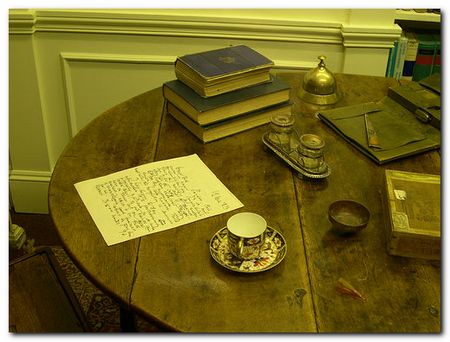
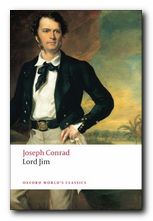 Lord Jim
Lord Jim Heart of Darkness
Heart of Darkness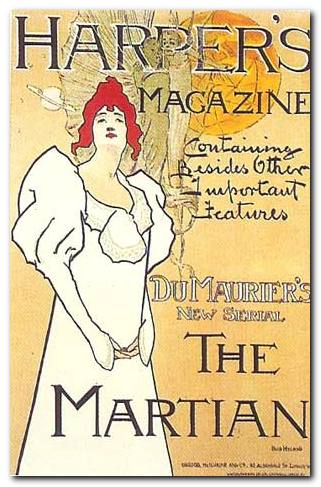
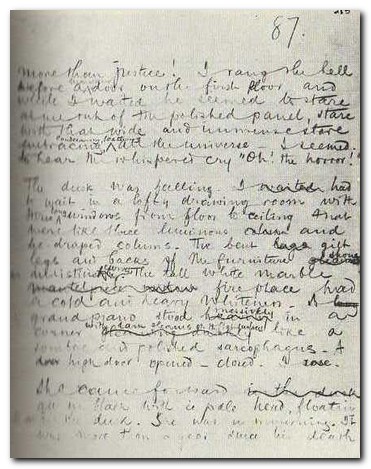
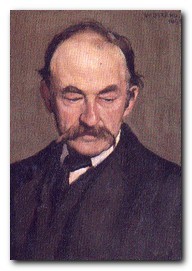
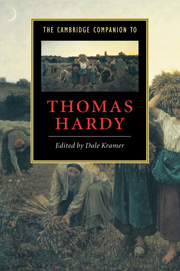
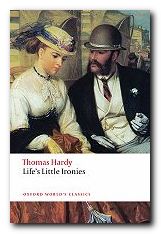 Ella Marchmill is a romantic young woman with an artistic temperament and an unfulfilled personal life. She is bored with her marriage, and has written and published poetry under the pseudonym John Ivy. On holiday with her husband and three children in Solentsea (Southsea) they find lodgings normally occupied by a young poet Robert Trewe, who moves out to accommodate them.
Ella Marchmill is a romantic young woman with an artistic temperament and an unfulfilled personal life. She is bored with her marriage, and has written and published poetry under the pseudonym John Ivy. On holiday with her husband and three children in Solentsea (Southsea) they find lodgings normally occupied by a young poet Robert Trewe, who moves out to accommodate them.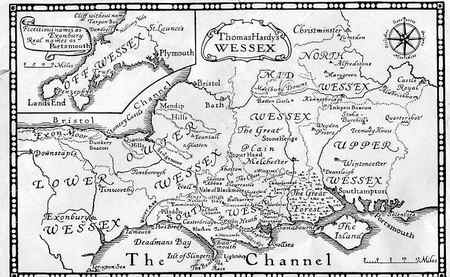
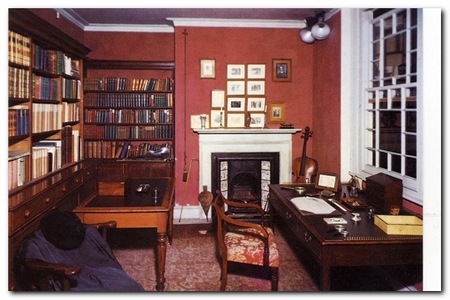
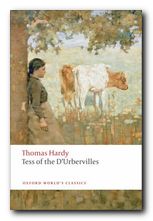 Tess of the d’Urbervilles
Tess of the d’Urbervilles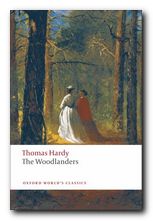 The Woodlanders
The Woodlanders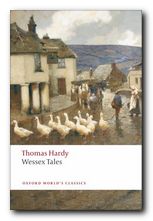 Wessex Tales
Wessex Tales